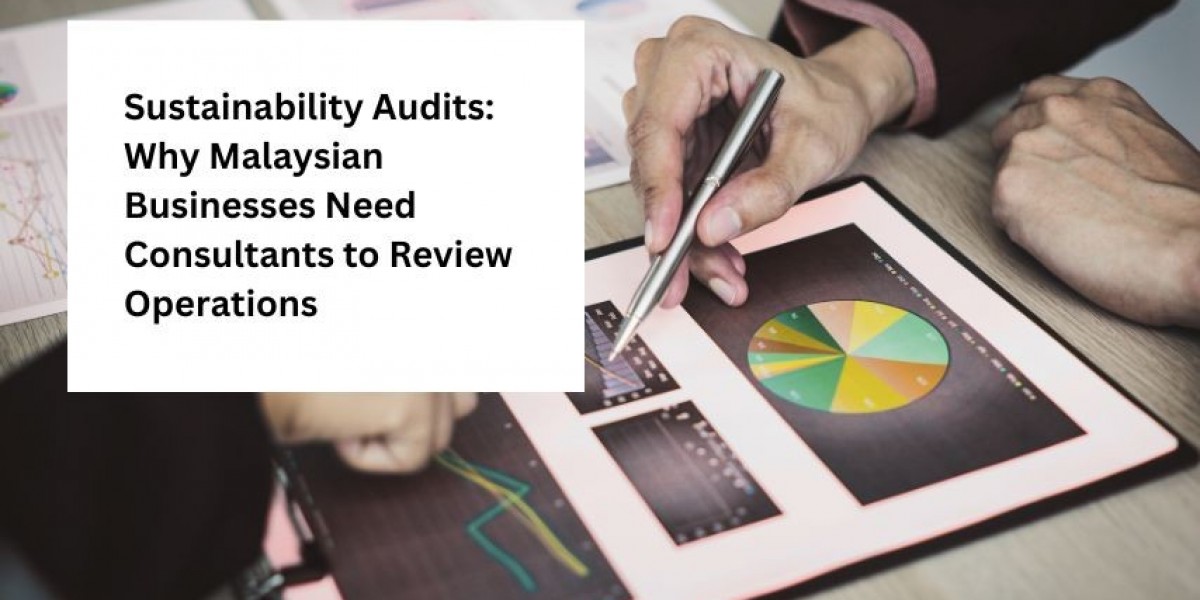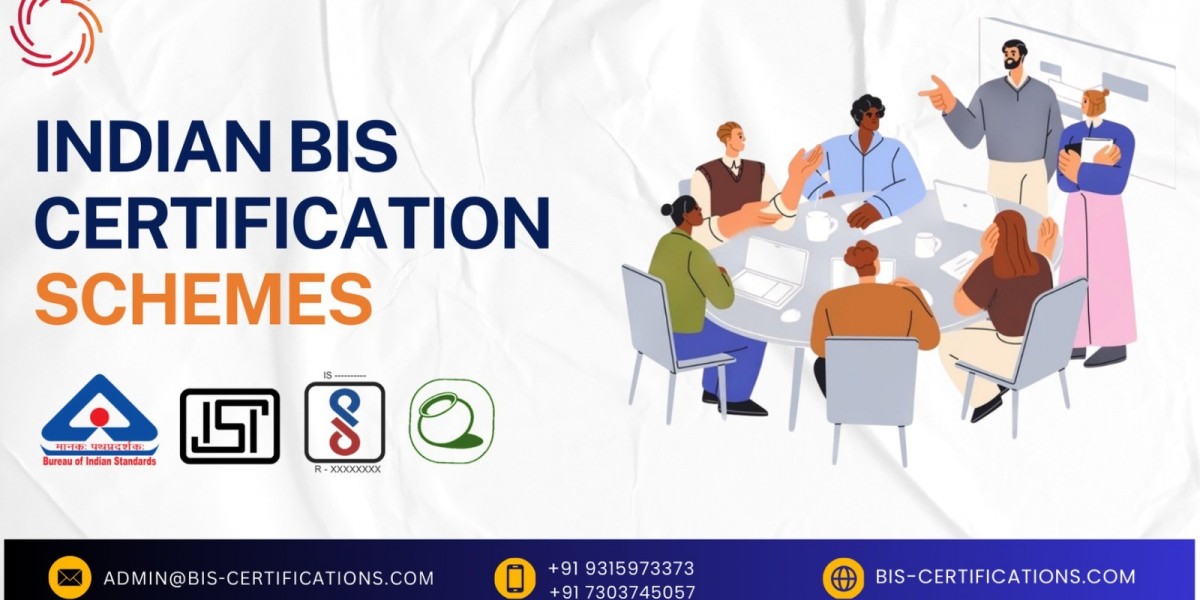Sustainability is no longer a fringe concept discussed only by environmental activists. It has become a central pillar of modern business strategy, influencing investor decisions, consumer loyalty, and regulatory frameworks worldwide. For Malaysian businesses, navigating this new landscape presents both immense opportunities and significant challenges. As the nation pushes towards becoming a high-income, developed economy, integrating sustainable practices is not just beneficial—it's essential for long-term survival and growth.
This is where a sustainability audit becomes a critical tool. A comprehensive review of a company's operations through an environmental, social, and governance (ESG) lens can uncover risks, identify efficiencies, and chart a path toward a more resilient future. However, conducting such an audit effectively requires specialized knowledge that many organizations lack internally. Engaging expert consultants can bridge this gap, providing the clarity and direction needed to transform operations. This article explores why Malaysian businesses should partner with consultants to conduct sustainability audits, examining the unique local context and the tangible benefits of this strategic investment.
Understanding the ESG Landscape in Malaysia
To appreciate the need for sustainability audits, we must first understand the environment in which Malaysian businesses operate. The country faces a unique mix of regulatory pressures, resource challenges, and societal expectations that shape its approach to sustainability.
Regulatory and Governmental Push
The Malaysian government has firmly signaled its commitment to sustainable development. Initiatives like the National Policy on Climate Change and the establishment of the Sustainable Development Goals (SDGs) Centre provide a clear framework. Furthermore, regulators like Bursa Malaysia have made ESG reporting mandatory for all publicly listed companies. The updated Malaysian Code on Corporate Governance (MCCG) also places greater emphasis on board oversight of sustainability risks and opportunities.
These regulations are not just compliance checkboxes. They are designed to push companies towards genuine operational change. Failing to meet these standards can result in penalties, reputational damage, and loss of investor confidence. A sustainability audit helps businesses ensure they are not only compliant but are also prepared for future, more stringent regulations.
Environmental and Resource Management Challenges
As a nation rich in natural resources, Malaysia faces a delicate balancing act between economic development and environmental preservation. Industries like palm oil, manufacturing, and construction are vital to the economy but also have significant environmental footprints. Key challenges include:
- Deforestation and Biodiversity Loss: Balancing the expansion of agricultural and urban areas with the protection of ancient rainforests.
- Water Scarcity and Pollution: Managing industrial and agricultural water usage to prevent shortages and contamination of vital water sources.
- Waste Management: Developing infrastructure and practices to cope with growing volumes of industrial and consumer waste.
- Carbon Emissions: Transitioning towards renewable energy sources to reduce the country's reliance on fossil fuels.
An audit helps a business quantify its specific impact on these areas, providing the data needed to develop targeted strategies for reduction and mitigation.
Social and Cultural Considerations
The "S" in ESG—social—is particularly important in a multicultural nation like Malaysia. Businesses are expected to be good corporate citizens, contributing positively to society. This includes:
- Labor Practices: Ensuring fair wages, safe working conditions, and ethical treatment of all employees, including a large migrant workforce.
- Community Engagement: Building positive relationships with local communities through support, development programs, and respectful operations.
- Diversity and Inclusion: Promoting a diverse workforce and leadership that reflects Malaysia's multicultural fabric.
A sustainability audit evaluates these social factors, helping companies align their practices with both legal requirements and societal expectations, thereby strengthening their social license to operate.
The Critical Role of Sustainability Consultants
While the need for sustainability is clear, the path to achieving it is often complex. Internal teams may lack the time, expertise, or objectivity to conduct a thorough and impartial review of their own operations. This is where an expert sustainability consultant in Malaysia proves invaluable.
Providing Objective, Third-Party Expertise
One of the greatest benefits of hiring a consultant is gaining an objective perspective. An external expert is not influenced by internal politics, historical biases, or the "we've always done it this way" mentality. They bring a fresh pair of eyes to every process, from the supply chain to the factory floor.
This impartiality is crucial for identifying deep-seated inefficiencies and hidden risks that internal teams might overlook. A consultant’s primary loyalty is to the data and best practices, ensuring that their recommendations are based on facts, not feelings. They can ask tough questions and challenge existing assumptions in a way that an employee might find difficult.
Navigating Complex Standards and Frameworks
The world of sustainability is filled with a bewildering array of acronyms: GRI, SASB, TCFD, SDGs. These are global standards and frameworks for reporting and measuring sustainability performance. Each has its own specific requirements, and choosing the right one depends on a company’s industry, location, and stakeholders.
Consultants are experts in these frameworks. They can help a Malaysian business:
- Select the appropriate framework(s): Aligning reporting with the expectations of international investors, customers, and local regulators like Bursa Malaysia.
- Ensure accurate data collection: Guiding the company on what metrics to track and how to gather the data reliably.
- Benchmark performance: Comparing the company's ESG performance against industry peers, both locally and globally.
This expertise ensures that the audit is not just a compliance exercise but a strategic tool that positions the company for global competitiveness.
Identifying Cost Savings and Operational Efficiencies
Many business leaders mistakenly view sustainability as a cost center. A well-executed audit, however, often reveals significant opportunities for cost savings. Consultants are trained to spot inefficiencies that lead to waste.
For example, an audit of energy consumption might reveal that outdated machinery is drawing excessive power or that a factory's lighting system could be replaced with energy-efficient LEDs. A review of water usage might uncover leaks or inefficient processes that, once fixed, can drastically reduce utility bills. Similarly, an analysis of the supply chain could identify opportunities to reduce packaging waste, optimize transportation routes to save fuel, and source materials more sustainably and cheaply.
These efficiencies translate directly to the bottom line. By linking sustainability to financial performance, consultants help build a powerful business case for green initiatives.
Developing Actionable and Realistic Roadmaps
An audit that only produces a report full of problems is of little value. The real strength of a consultant lies in their ability to translate findings into a practical, step-by-step action plan. They work with the company’s leadership to prioritize initiatives based on impact, cost, and feasibility.
This roadmap might include short-term "quick wins," such as implementing a recycling program, as well as long-term strategic goals, like transitioning to renewable energy sources or redesigning a product for a circular economy. By breaking down the journey into manageable steps, consultants make the daunting task of transformation achievable. They provide clear timelines, assign responsibilities, and establish key performance indicators (KPIs) to track progress.
The Long-Term Benefits of Engaging a Consultant
Investing in a consultant-led sustainability audit is not a one-off expense; it is a strategic investment in the future of the business. The long-term benefits are substantial and multifaceted.
Enhanced Brand Reputation and Customer Loyalty
Today’s consumers, especially younger generations, are increasingly making purchasing decisions based on a company's values. A public commitment to sustainability, backed by transparent reporting and tangible actions, can become a powerful differentiator. It builds trust and fosters a loyal customer base that sees value beyond just the product or service.
Attracting and Retaining Top Talent
The competition for skilled talent is fierce. Employees, like customers, want to be associated with organizations that have a positive impact on the world. A strong ESG profile makes a company a more attractive employer, helping it attract and retain a motivated, high-performing workforce.
Improved Access to Capital
Investors are increasingly using ESG data to screen potential investments. Companies with high ESG ratings are often seen as less risky and better managed. A strong sustainability performance can lead to a lower cost of capital, easier access to loans, and a more attractive valuation for investors who are focused on long-term, sustainable returns.
Future-Proofing the Business
The global economy is undergoing a fundamental shift towards sustainability. Climate change, resource scarcity, and social inequality are not temporary trends; they are defining challenges of our time. Businesses that ignore these shifts risk being left behind. A sustainability audit helps a company anticipate future regulations, adapt to changing market demands, and build a resilient business model that can thrive in the decades to come.
Your Next Step: Prioritize a Sustainability Audit
For Malaysian businesses, the question is no longer if they should embrace sustainability, but how and how quickly. The pressures from regulators, investors, customers, and the environment itself are mounting. Simply maintaining the status quo is a recipe for obsolescence.
The first and most crucial step in this transformative journey is a comprehensive sustainability audit. It provides the baseline, the data, and the insights needed to build an effective strategy. And for most businesses, the most effective way to conduct this audit is with the help of an expert consultancy firm like Wellkinetics. Their objectivity, specialized knowledge, and strategic guidance are indispensable for navigating the complexities of ESG and unlocking its full potential.
Don't wait for regulations to force your hand or for a crisis to expose your vulnerabilities. Take a proactive stance. Invest in a sustainability audit today and start building a more profitable, resilient, and respected business for tomorrow.








